Mood Disturbance
WHAT IT IS
Mood disturbances include, but are not limited to, Major Depressive Disorder and Bipolar Disorder. Clinical depression affects millions of Americans each year and can be debilitating. Often, clinical depression can be triggered by life events such as giving birth, loss of a loved one, or a major life transition (e.g., transitioning to college or changing jobs). Other times, depression comes without warning or reason. Regardless of the circumstances, there are several treatment approaches for clinical depression that are effective.
Common symptoms of depression include loss of interest in enjoyable activities, sadness, poor motivation, sleep disturbance (insomnia or hypersomnia), lack of energy, poor concentration, hopelessness and suicidal thinking.
Bipolar Disorder is one of the most misunderstood mental health conditions. It affects more than 5 million Americans every year, yet it is often misrepresented in the media to describe rapidly changing moods and emotions. Bipolar Disorder refers to someone who has experienced a manic episode and may or may not have had a depressive episode in the past or concurrently. Manic symptoms are characterized by decreased need for sleep, increase in reward-seeking behaviors (e.g. gambling, sex, spending), rapid speech, flight of ideas, and may or may not exhibit psychotic or hyper-religioius behavior.
ASSOCIATED CONCERNS
People with mood disturbance may also experience symptoms of anxiety, insomnia, irritability, and social/relationship concerns (e.g., difficulties connecting with others). Thoughts about suicide or self-harm may occur as well. Many individuals with substance use difficulties have a co-occurring mood disorder.
TREATMENTS OFFERED
Mania often requires medical intervention through psychopharmacologic treatments and/or hospitalization. Clinical depression often requires medical stabilization in addition to therapy. Therapeutic interventions for depression include DBT and CBT. A core component of treatment for depression is Behavioral Activation, which involves implementing structured activity planning of mood-enhancing activities.

